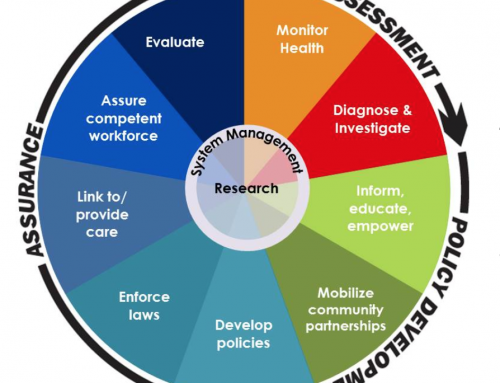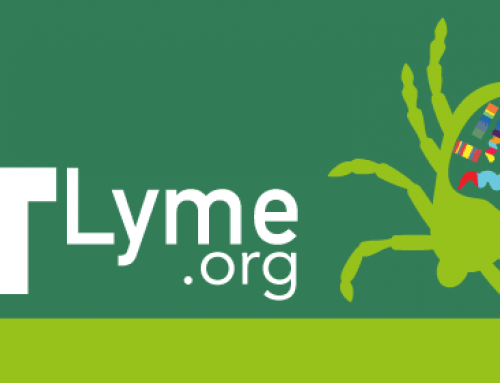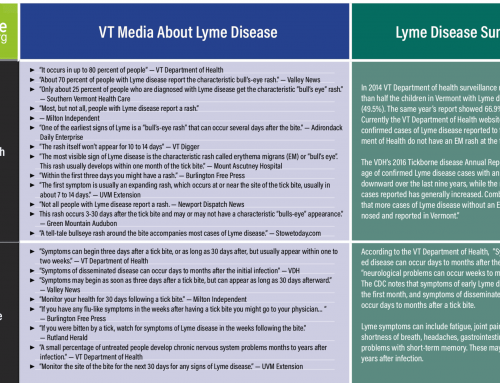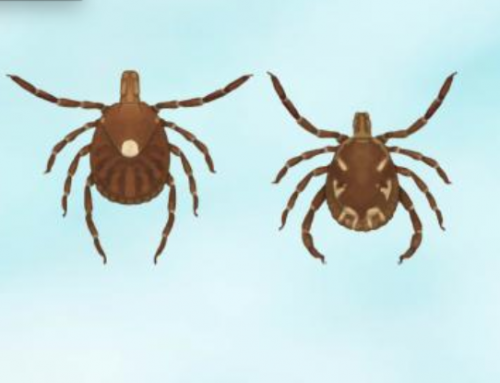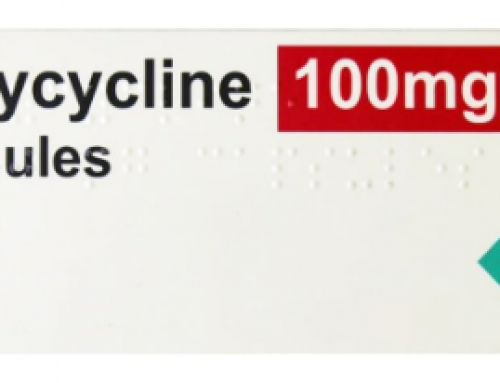
Vermonters affected by tickborne illnesses are wondering about the potential impact of the Coronavirus on their health.
The 2019 Coronavirus (“Covid-19”) is a respiratory illness that has been found to spread from person to person. It can be spread through droplets in the air (such as when someone coughs or sneezes) or by touching a contaminated surface and then transferring the virus from that surface to your nose, mouth or eyes.
The Vermont Department of Health (VDH) is working with neighboring states and the CDC to monitor potential cases of Covid-19. As of March 4 there are no confirmed cases of Covid-19 in Vermont however, cases are expected at some point in the future.
The VDH suggests the following steps to minimize your chance of Covid-19 infection:
- Wash hands often with soap and water for at least 20 seconds. (If soap and water are not available, use an alcohol-based hand sanitizer.)
- Avoid touching your eyes, nose, and mouth with unwashed hands.
- Avoid close contact with people who are sick.
- Cover your cough or sneeze with a tissue, then throw the tissue in the trash.
- Clean and disinfect frequently touched objects and surfaces.
- If you’re feeling sick, stay home and avoid going out in public places.
- Consult CDC travel advisories before traveling. If you become sick, remember to notify your doctor about any recent travel by you or a person physically close to you.
Face masks are not recommended to prevent infection, however some suggest they can be helpful to reduce accidental contact between unwashed hands and face. People who are already infected with Covid-19 may be asked to wear a face mask at doctor appointments or other situations where they must go out in public, which is the same recommendation for someone with influenza or another transmittable virus.
Practicing the steps recommended by the VDH and CDC will reduce your risk of infection with Covid-19. For patients who are infected, some will remain asymptomatic while others can experience fever, cough, shortness of breath, or gastrointestinal symptoms. Interventions for (the majority of) people who have mild cases of Covid-19 will be already be familiar habits to many Lyme and tickborne disease patients; get plenty of rest, choose anti-inflammatory foods and supplements, drink lots of water, detox, reduce stress levels, engage in physical activity and time outdoors (when possible), and support your immune system.
If you do get sick be sure to contact your doctor. They will be able to evaluate your condition and decide whether you should be monitored in an inpatient or outpatient setting. If you need to go to the emergency department, make sure to bring a list of your current supplements and medications, along with the name and contact information of the practitioner treating your tickborne illness. The CDC’s new testing criteria now say any patient who is concerned their symptoms may be related to Covid-19 infection can be tested with their doctor’s recommendation.
Some physicians still view Lyme as a short-term and easily cured disease. You can explain to a skeptical practitioner that studies on treatment outcomes for Lyme disease were done on patients treated in the earliest stage of illness, and do not reflect the symptoms, disease progressions or outcomes for people who were diagnosed and treated in later stages, or those infected with multiple tickborne pathogens. Remember it is always okay to advocate for yourself in a health care setting, and you are the expert on what is happening in your body.
While information about how the Covid-19 virus affects immunocompromised patients may be worrying to some Vermonters with TBDs, remember there are steps you can take both to prevent infection and reduce the impact of a virus on your body. The knowledge and skills patients with tickborne illnesses have about making choices that support their health and well-being, along with a unique awareness of subtle changes in their bodies, are assets in any health situation including Covid-19.

